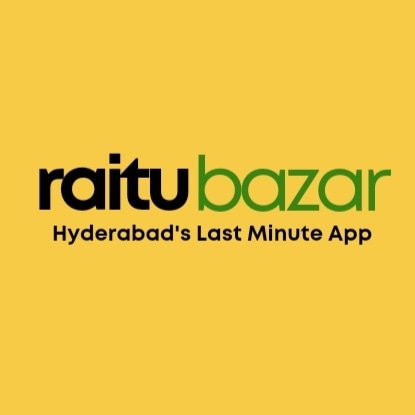Fresh Beetroot (OR) Chukander
Description:
Fresh beetroot, known as chukander in many cultures, is a vibrant and nutritious root vegetable that has gained popularity for its health benefits and versatility in cooking. With its rich color and earthy flavor, beetroot can elevate a variety of dishes, from salads to smoothies. In this guide, we will explore the nutritional profile of , its numerous health benefits, and creative ways to incorporate it into your meals.
Nutritional Profile
Fresh beetroot is not only visually appealing but also packed with essential nutrients. A 100-gram serving of raw beetroot contains approximately:
- Calories: 43
- Protein: 1.6 grams
- Carbohydrates: 9.6 grams
- Fiber: 2.8 grams
- Fat: 0.2 grams
- Vitamin C: 4 mg (about 7% of the daily recommended intake)
- Folate: 109 mcg (about 27% of the daily recommended intake)
- Potassium: 305 mg
- Magnesium: 23 mg
The vibrant color of is due to betalains, powerful antioxidants that contribute to its many health benefits. The high fiber content also supports digestive health, making beetroot a nutrient-dense addition to your diet.
Health Benefits of
- Rich in Antioxidants: loaded with antioxidants, including betalains, which help reduce oxidative stress in the body. This can lower the risk of chronic diseases and support overall health.
- Supports Heart Health: The nitrates found in beetroot can help lower blood pressure and improve cardiovascular health. Consuming beetroot may enhance blood flow and reduce the risk of heart-related issues.
- Boosts Athletic Performance: gained popularity among athletes due to its potential to enhance exercise performance. The nitrates in beetroot may improve stamina and reduce the oxygen cost of exercise, allowing for longer and more effective workouts.
- Aids Digestion: The fiber content in promotes healthy digestion and helps prevent constipation. A diet rich in fiber supports gut health by encouraging regular bowel movements.
- Enhances Liver Function: Beetroot has been shown to support liver health by helping detoxify the body and reduce inflammation. Its high antioxidant content aids in liver function and may promote the elimination of toxins.
Culinary Uses of Fresh Beetroot
Fresh beetroot is incredibly versatile and can be used in a variety of dishes. Here are some delicious ways to incorporate it into your meals:
- Salads: Grate or roast fresh beetroot and toss it with mixed greens, nuts, and a tangy dressing for a colorful and nutritious salad. Pair it with feta cheese for added flavor.
- Soups: Beetroot soup, or borscht, is a classic dish that highlights the vegetable’s earthy flavor. Cook fresh beetroot with onions, garlic, and broth for a warming and vibrant soup.
- Smoothies: Add fresh beetroot to your morning smoothie for a nutrient boost. It pairs well with fruits like banana and berries, creating a delicious and healthy drink.
- Roasted Beetroot: Roasting fresh beetroot brings out its natural sweetness. Simply toss with olive oil, salt, and pepper, then roast until tender. Enjoy it as a side dish or add it to grain bowls.
- Pickled Beetroot: Pickling fresh beetroot enhances its flavor and extends its shelf life. Use it as a tangy addition to salads, sandwiches, or as a colorful garnish.
- Vegetable Chips: Slice fresh beetroot thinly, season with your favorite spices, and bake until crispy for a healthy alternative to traditional potato chips.
Conclusion
Fresh beetroot (chukander) is more than just a colorful addition to your plate; it’s a nutritional powerhouse that offers a range of health benefits. Its versatility in the kitchen means you can enjoy it in salads, soups, smoothies, and more. Whether you’re looking to boost your antioxidant intake, support heart health, or enhance athletic performance, fresh beetroot is an excellent choice. Embrace the vibrant goodness of fresh beetroot today, and discover the many ways it can enrich your diet and promote your well-being!


Reviews
There are no reviews yet.